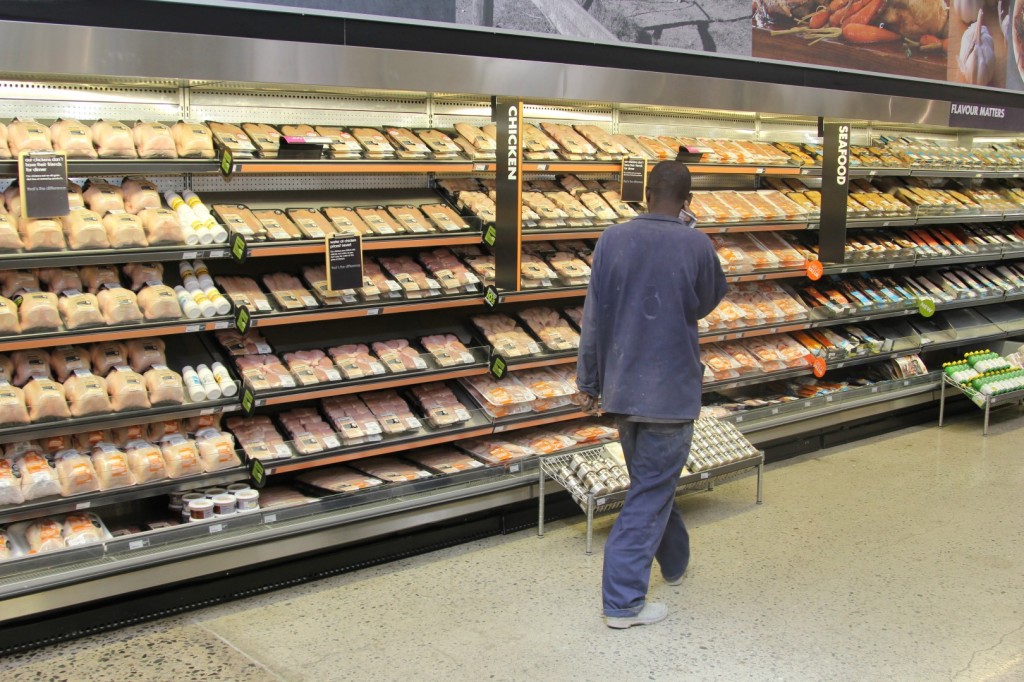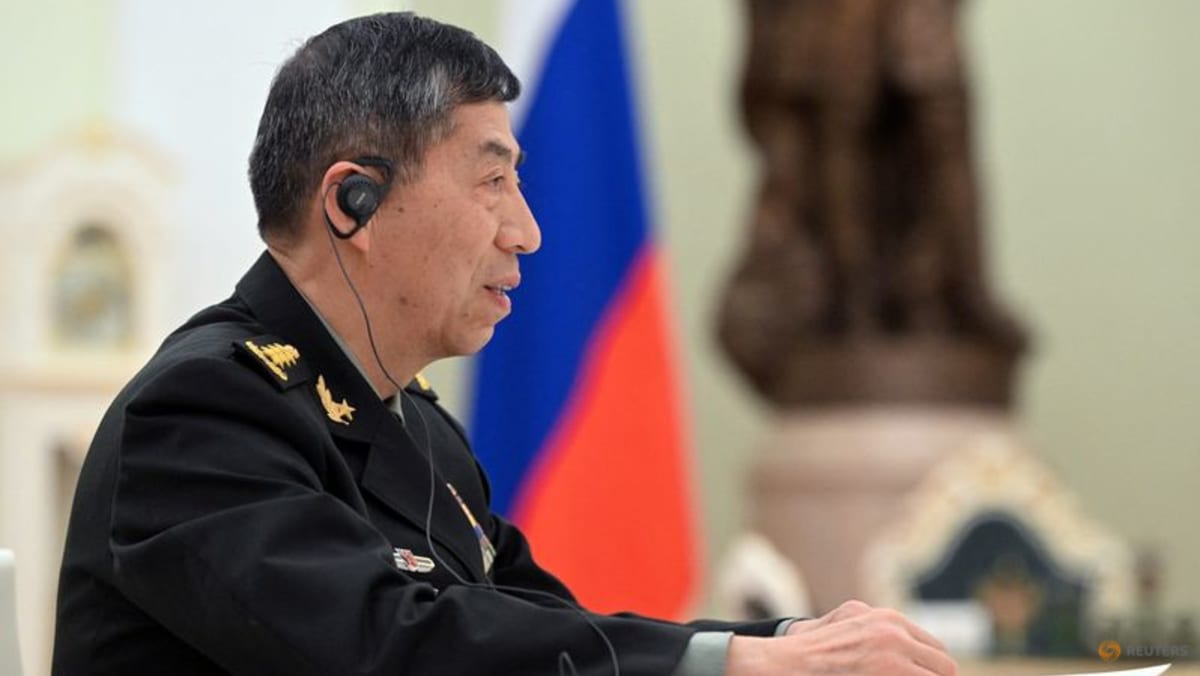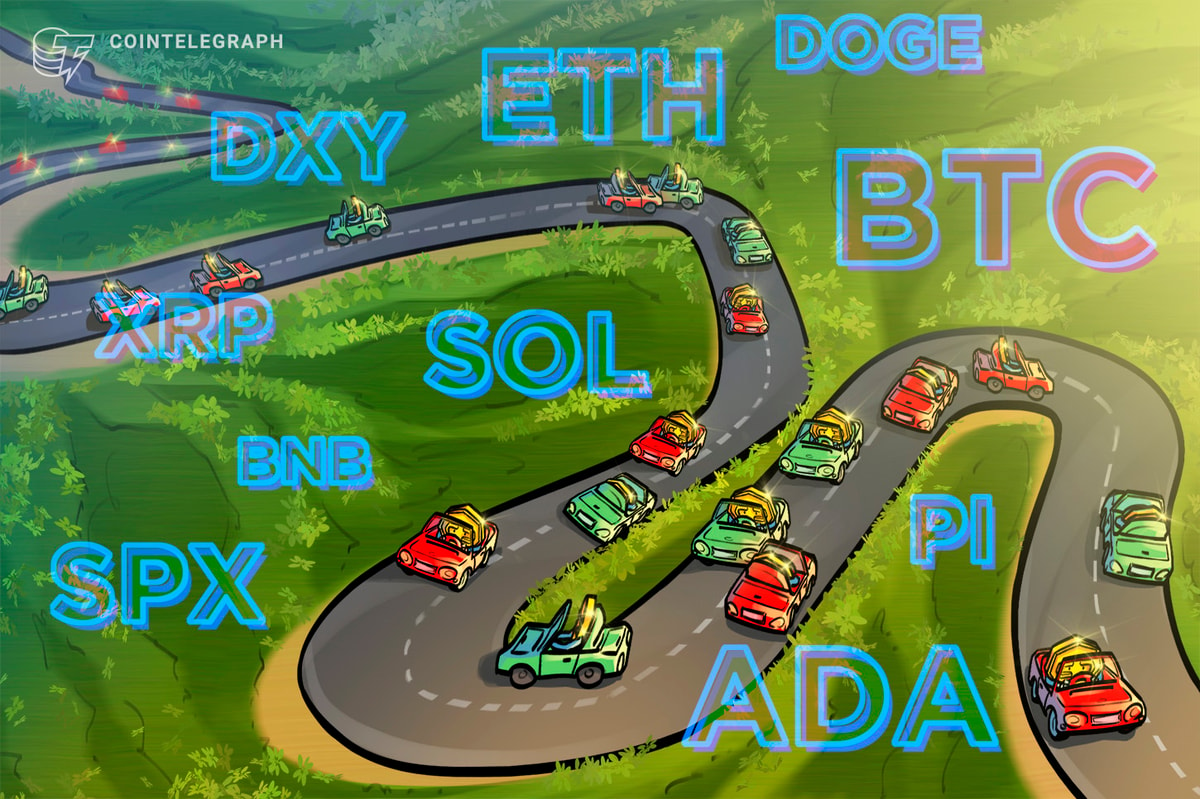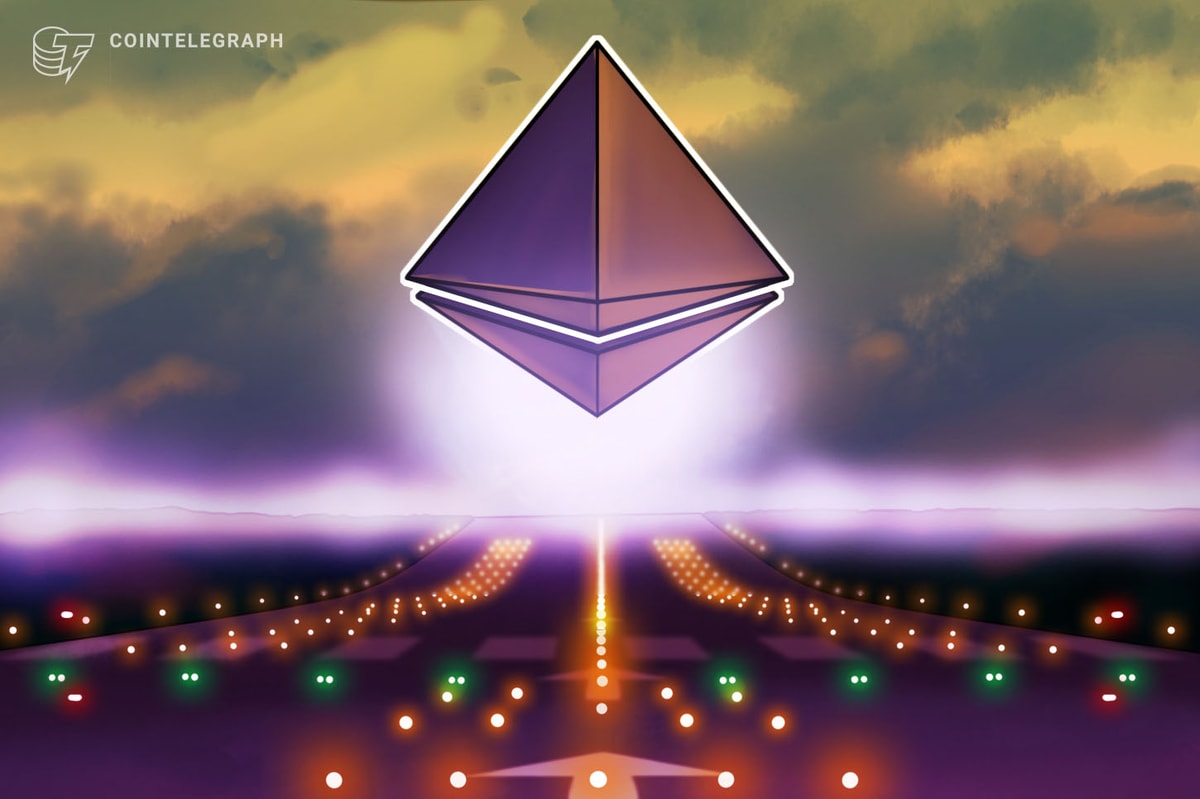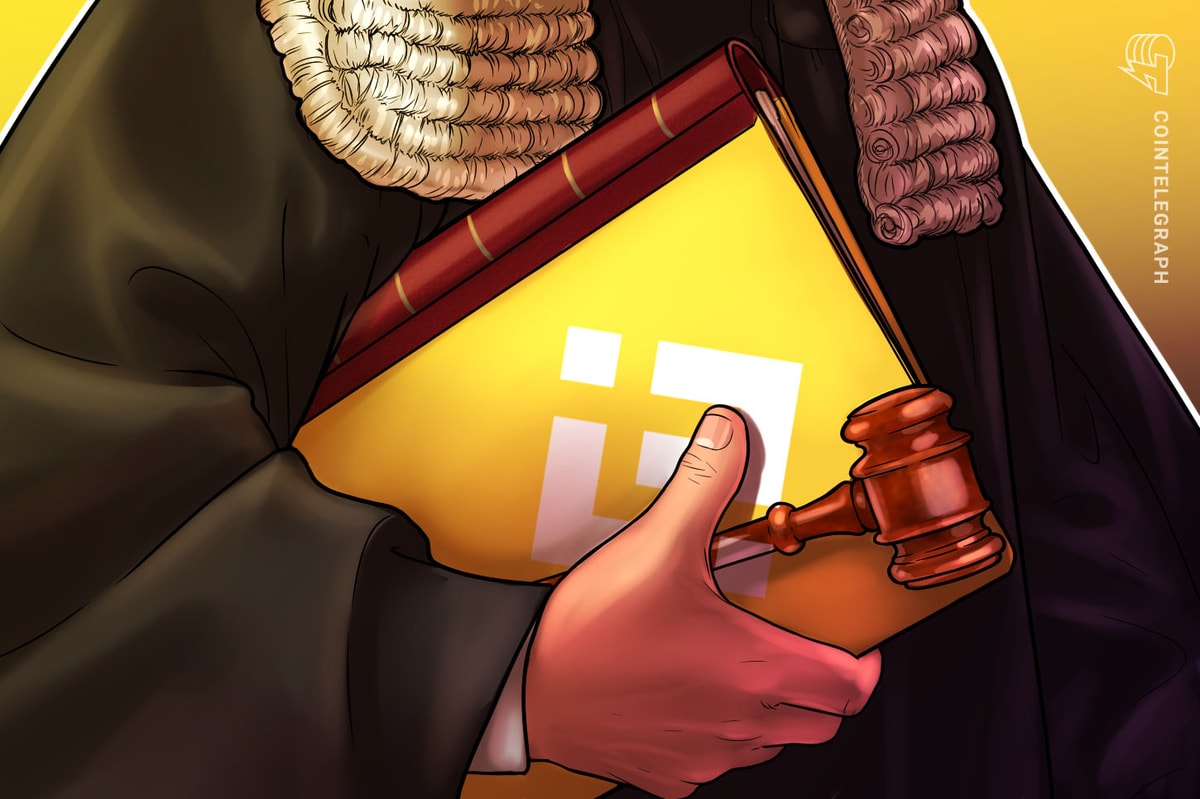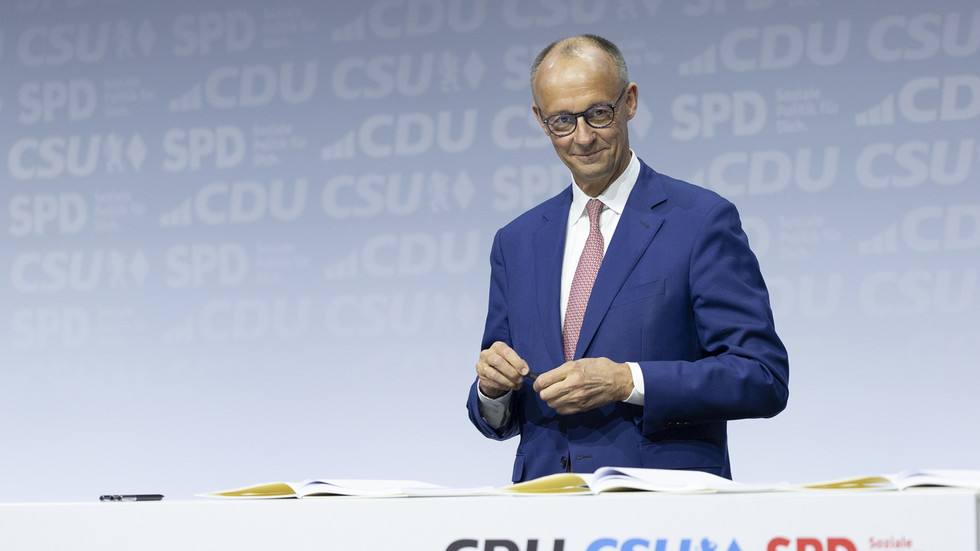You can also listen to this podcast on iono.fm here.
JEREMY MAGGS: Alright, let’s move from prisons to chickens. After a 12-month reprieve, punitive trade tariffs on imported chicken have again been implemented. These duties, you’ll remember, were initially suspended in July last year, if I’m not mistaken, over concerns regarding the impact of these duties on soaring food prices.
But now, duties on imports will again hit at a hard time, I guess, when many South Africans are collapsing under financial stress. Joining us now is the chief executive officer of the South African Poultry Association [Sapa], Izaak Breitenbach. A very warm welcome to you. First of all, let’s reel back if we can, what impact originally did these tariffs have on the local industry?
IZAAK BREITENBACH: Jeremy, it was difficult for us when we lost the provisional duty and at that particular time, we were suffering from high raw material costs. We had issues with load shedding, and then on top of that imports increased from about 17 000 tons per month to 46 000 tons per month. So during this period of time of the suspension of the duty, it really hurt the industry.
Read: Local chicken industry finally gets protection from dumping
JEREMY MAGGS: So how does the change now impact on the sector?
IZAAK BREITENBACH: We are really struggling at the moment, as I’ve mentioned, because of high raw material prices, infrastructure, load shedding and then dumped chicken, not normal imports, but only the dumped chicken. Now, what this duty will do for us is that it’ll give us the breathing space to carry on investing in this industry, to carry on creating economic growth in the industry and the longer value chain, as well as doing transformation. So all in all this is just positive for the industry.
JEREMY MAGGS: It all depends, of course, on whether demand can be met by your supply.
IZAAK BREITENBACH: Absolutely. We have during the last three years, as part of the master plan, increased our production capacity by about 10%. If we look at the total amount of reduction in imports or dumped product that we expect, it will be less than 10%. I think that is one scenario to look at.
A second scenario to look at is that we are in winter. Demand at the moment is low. We have fridges full of chicken, so I don’t expect a chicken shortage and neither do I expect that this duty will have a material impact in raising prices to the consumer.
We are really concerned about the consumer and to keep the prices at levels where they are right now or even lower in future, we need a reduction in raw material prices, and we obviously don’t need a shortage of chicken.
JEREMY MAGGS: I understand that, but the reality is you’ve still got to survive and there’s no guarantee that you’re going to keep prices at the current levels.
IZAAK BREITENBACH: Absolutely. Our price drivers in chicken are currently raw material costs, and raw material costs for the last couple of months have been coming down gradually. So that will relieve some of the pressure. Then load shedding, when we have Stage 6 load shedding and more, it really impacts the business. It probably adds about R1.20 per kilogram to the price of chicken or to the cost of chicken. We hope that with the lower levels of load shedding [that we are currently experiencing] and the raw material prices on the way down, that we wouldn’t have the upward pressures that we’ve had up until now.
JEREMY MAGGS: My understanding was that those raw material costs were in fact increasing, given the rising cost of chicken feed due to geopolitical issues like the crisis in Ukraine, for instance.
IZAAK BREITENBACH: You’re correct, those were the major drivers during 2022 and we’ve seen an increase in raw material costs probably until January this year. Then we’ve seen some relief in terms of the raw material costs since January. That helps us quite a lot. Having said that, there’s no guarantee that we will have a continuation of a reduction in raw material cost, in other words, feed cost for the next six months. But at least as we sit here, the picture is a little bit more rosy.
Read: Diesel levy refund announced in February not up and running yet
JEREMY MAGGS: What do you say to the argument that the protectionism, which is effectively what you’ve been given, stifles growth and competitiveness in the sector?
IZAAK BREITENBACH: I wouldn’t agree with that and the reason being because of circumstances. If we look at the amount of dumping that took place in South Africa in the chicken industry, we have had nine countries dumping chicken in South Africa at prices as low as 50% of the production cost of chicken.
Now, importers never gave through that very low price to the consumer. So we haven’t seen the impact of the very low prices in the retail stores, for example. So it had a marginal impact on curtailing the price of chicken and, therefore, a marginal effect in terms of competitiveness. So we would think that it wouldn’t have a major effect simply because imported product was sold at market price in South Africa. If it wasn’t, it would’ve had a big impact.
JEREMY MAGGS: Izaak Breitenbach, thank you very much indeed, the chief executive officer of the South African Poultry Association.
Read:
Decline in use of trade instruments to protect domestic industries
Local poultry industry feels abandoned by government
Heated debates over imported frozen food
#Local #poultry #industry #welcomes #import #duties
